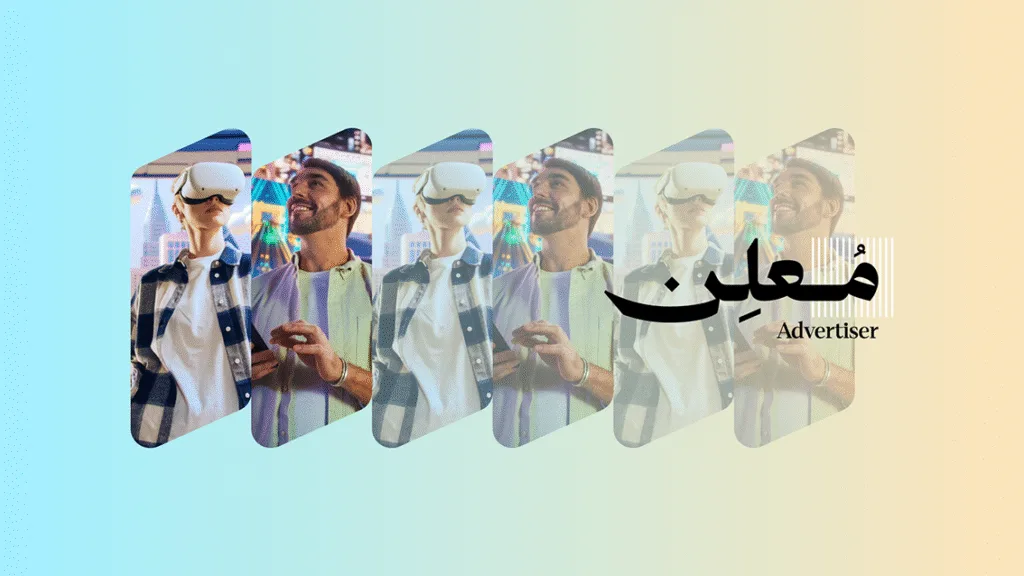Understanding the UAE Advertiser Permit What It Means for Real Estate Companies
As the UAE continues its digital transformation and expands its regulatory framework across media and advertising, compliance has become more critical than ever for businesses operating online. Among the recent changes is the Advertiser Permit, introduced by the UAE Media Council, aimed at regulating digital advertising, especially on social media.
For real estate companies, who frequently rely on landing pages, social media promotions, and influencer marketing to attract buyers and investors, understanding the Advertiser Permit and how it compares with the Madhmoun permit is essential to ensure legal compliance while maintaining visibility in a competitive market.
What is the Advertiser Permit ?
The Advertiser Permit is a mandatory license issued by the UAE Media Council to individuals and entities engaging in advertising activities on social media platforms. Whether the advertising is for financial gain or not, the permit is required to operate legally within the UAE’s evolving media space.
Key Objectives of the Permit:
- Regulate and develop the digital advertising content economy
- Protect audiences from misleading or low-quality advertisements
- Encourage responsible content creation
- Enhance the UAE’s appeal as a regional media and advertising hub
- Support investment in digital advertising by ensuring a safe and regulated environment
This permit supports the broader national agenda of positioning the UAE as a leading market for creative industries while safeguarding consumer rights and promoting ethical content standards.
Who Needs the Advertiser Permit ?
The permit applies to:
- Social media influencers conducting paid or unpaid promotions
- Freelance content creators monetizing their platforms
- Advertising agencies
- Brands hiring influencers or using paid promotions
- Real estate companies creating campaigns or landing pages with advertised listings
It is worth noting that individuals advertising their own products or services via their personal accounts (such as a business owner promoting their own company) are currently exempt—though this area continues to evolve and could affect real estate brokerages directly.
Duration and Cost
- Citizens and Residents: 1-year permit, renewable
- Visitors: 3-month permit, renewable
As of now, UAE citizens and residents can obtain this permit free of charge for three years, making it highly accessible for early compliance and strategic advantage.
Requirements for Obtaining the Permit
To obtain the Advertiser Permit, the applicant must:
- Be at least 18 years of age (with exceptions possible at the Council’s discretion)
- Hold a valid trade license in electronic media (if a resident or citizen)
- Be of good conduct with no media-related violations
- Abide by media content standards and refrain from misleading or fraudulent advertising
- Be at least 18 years of age (with exceptions possible at the Council’s discretion)
Visiting Advertiser Permit
Content creators or advertisers who do not reside in the UAE but operate through licensed agencies can apply for a Visiting Advertiser Permit, valid for three months and extendable.
This feature is particularly relevant for international developers, real estate marketers, or influencers targeting UAE-based investors and buyers.
Penalties for Non-Compliance
Failure to comply with the advertising regulations or obtain the necessary permit can result in:
- Takedowns or suspension of ads and accounts
- Legal and financial penalties
- Damage to brand credibility and trust
- Potential bans from operating in the UAE media space
For real estate companies, this could mean delisted landing pages, removed campaigns, or worse—blacklisting of agency brands.
- Takedowns or suspension of ads and accounts
Difference Between Advertiser Permit and Madhmoun Permit
While both permits relate to digital advertising in the UAE, their scope and governing bodies differ, making it essential for real estate companies to understand which one applies in specific contexts. Learn more about Madhmoun permit.
Criteria
Governing Body
Purpose
Target Audience
Required For
Validity
Permit Number Display
Advertiser Permit
UAE Media Council
Regulates social media and online advertising content
Influencers, agencies, digital advertisers
Promoting content or services on digital platforms
1 year for residents, 3 months for visitors
Required on social media profiles
Madhmoun Permit
Department of Municipalities and Transport (DMT – Abu Dhabi)
Real estate brokers, developers, marketers
Publishing real estate listings or ads for off-plan/ready properties
Tied to project status; renewed monthly or as per listing validity
Must be included in landing pages, banners, and ads
Summary of Differences
Advertiser Permit focuses on who is advertising (i.e., the person or agency)
Madhmoun Permit focuses on what is being advertised (i.e., the real estate project)
Can You Need Both?
Yes. A real estate company advertising a project on social media may need:
A Madhmoun Permit for the property listing
An Advertiser Permit if using influencers or conducting digital ads through individuals or agencies
Why This is Relevant to Real Estate Companies
The UAE real estate market is highly competitive and digitally driven. Whether it’s landing pages for off-plan properties, influencer partnerships, or Facebook/Instagram ads, real estate marketers rely on broad digital exposure. However, these practices are now tightly regulated.
Relevance Highlights:
- Compliance: Avoid penalties or takedowns from regulators
- Credibility: Consumers trust ads backed by government-issued permits
- SEO Strategy: Prevent negative SEO impact from page unpublishing due to permit expiry
Long-Term Visibility: Ensure ad longevity without constant renewal penalties
Real Estate Pages and the Permit Dilemma
Before the introduction of stricter enforcement, real estate companies would publish multiple landing pages for various developments to rank in search engines. However, maintaining permits for every page is costly and unsustainable, especially for underperforming projects.
The Dilemma
- Expired permits lead to non-compliance
- Unpublishing pages damages SEO rankings
- Keeping expired pages without disclaimer risks legal consequences
Strategic Solution
Some agencies have implemented exit-intent pop-ups or disclaimers to inform visitors that a project’s Madhmoun permit has expired. The content remains live for SEO purposes but includes a compliance notice—serving as a temporary compromise.
This is not a complete solution, but it’s the best current option for balancing regulatory compliance with digital visibility. Of course, the optimal route is to maintain active permits for every listed property when budget allows.
Best Practices for Real Estate Companies
To navigate this evolving landscape, here are actionable recommendations:
1. Apply for Both Permits Where Applicable
- Use Advertiser Permits for social media campaigns
- Use Madhmoun Permits for listing ads and landing pages
2. Build Internal SOPs for Permit Management
- Track renewal dates and expiry
- Allocate budget to top-performing listings
3. Add Disclaimers or Pop-Ups Where Permits Expire
- Clarify expired Madhmoun permits
- Retain content for SEO, while informing users transparently
4. Prioritize Projects with High ROI
- Focus resources on listings that generate real leads
- Use analytics to determine which pages are worth maintaining
5. Regularly Monitor Updates from Regulatory Bodies
Laws evolve quickly—stay current with DMT and Media Council directives
Conclusion
The UAE Advertiser Permit marks a pivotal development in how digital advertising is regulated. For real estate companies, understanding the nuances between the Advertiser Permit and the Madhmoun Permit is critical for long-term success.
While compliance may introduce new operational costs, it also presents opportunities to enhance credibility, streamline operations, and protect the brand from penalties.
In an increasingly regulated digital economy, staying compliant is no longer optional—it’s a competitive advantage.


